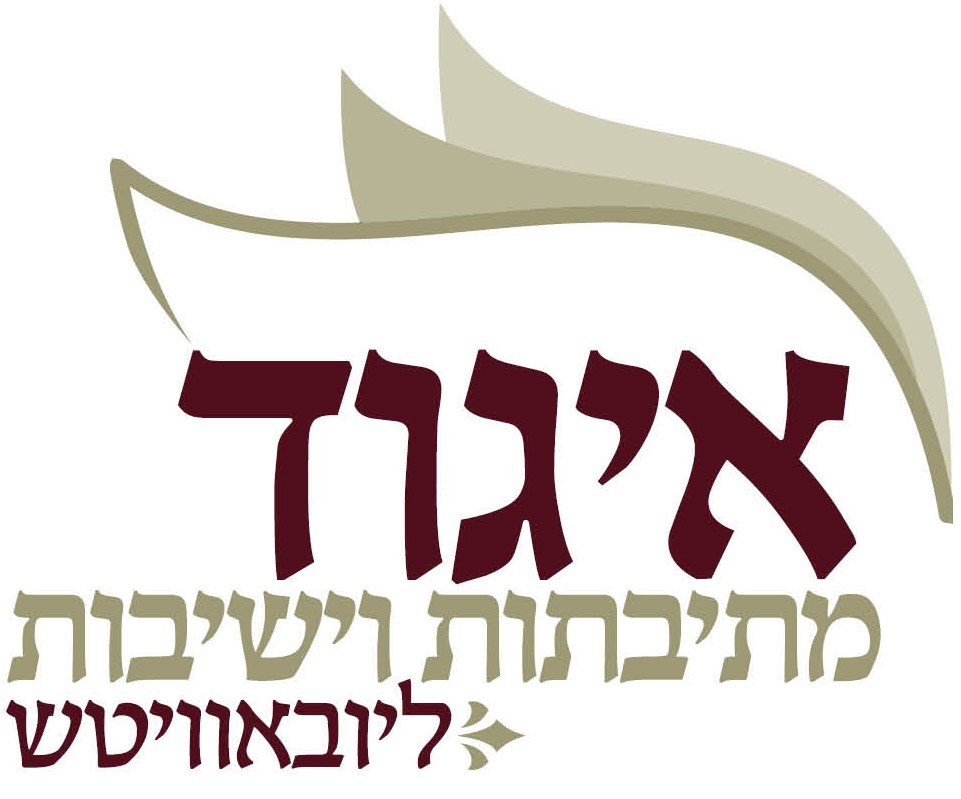“You do not understand how hard it is for me. I just cannot control my anger. One tiny thing and I get triggered”.
“To sit in one place is impossible for me. Why did the Eibishter give me such a Nisoyon”?
“Rabbi Itzinger, I’m introverted. I just don’t have it in me to go out to the street and ask people if they are Jewish. Why does Mivtzoim have to be so hard for me”?
***
What is the real difference between good and bad?
Do you know?
The answer is:
Nothing.
There is no intrinsic difference between good and bad.
The difference is in fact only technical – in what way one uses it.
For example, a person has a question regarding what course of action to take.
A Tzadik will tell them with Ruach Hakodesh what to do.
So can a clairvoyant Lehavdil.
Both are tapping into the sublime.
But the difference is the polar opposite.
The clairvoyant is using Koach Hatuma – throwing ‘Klipa’ shade on every step one takes following his advice.
Lehavdil, the Tzadik is tapping into deeper levels of Elokus, enwrapping the individual with Kedusha energy each step of the way, as he follows עצת חכמים.
***
In our lives too, there are opposites.
There are no intrinsically good or bad Midos.
There are merely good and bad ways to use our Midos.
Every Midda has a way for it to be utilized for Kedusha.
True, an introvert may have an easier time concentration on their learning, whereas an extrovert will have an easier time helping someone put on Tefillin.
But at the same time the introvert can use his personality to forge a deeper more intense connection with the person he met on Mivtzoim, he is after all not good at small talk.
Whereas the person who is in constant movement and needs constant change, can use that need in learning itself – by learning shorter Sedorim but on a larger variety of subjects.
Or, depending on his intellectual style, asking far deeper questions than a person who can focus on the ‘face value’ of a Sugya.
And the person who is angered easily?
Pivot that anger into where the true anger needs to be; the emptiness, the betrayal, the fallaciousness of the Yetzer Hora.
Use that very Midda – exactly where it belongs.
***
It is the beginning of a long winter Zeman. We have plenty of time to do some real work on ourselves.
What is the most negative action you would love to finally ‘deal with’?
What Midda is it?
Do you see a way that you can use it for good?
Try that for the next two weeks.
Word of caution: This is one of the areas where being honest with ourselves (נישט נארן זיך) is vital and should be worked out with the guidance of a Mashpia.
